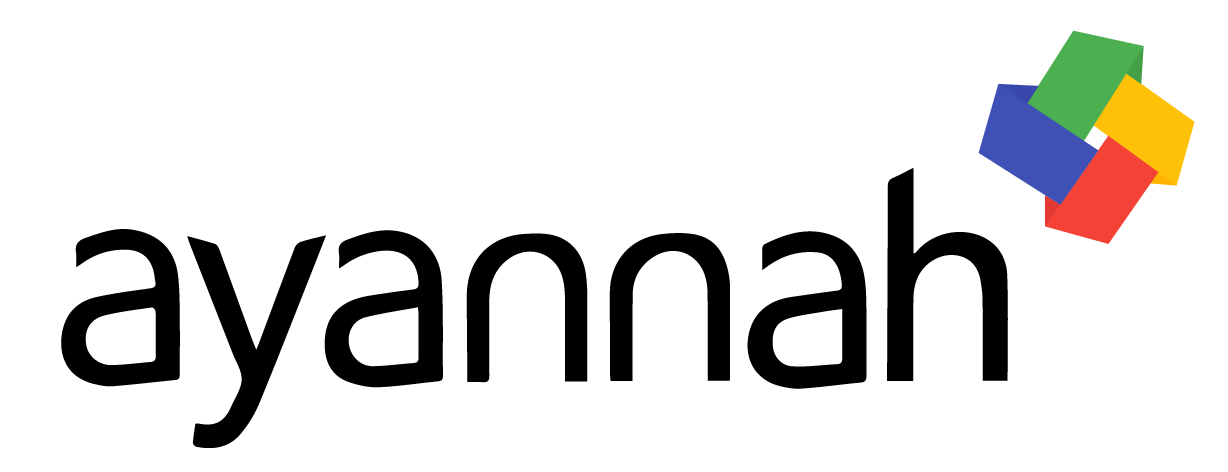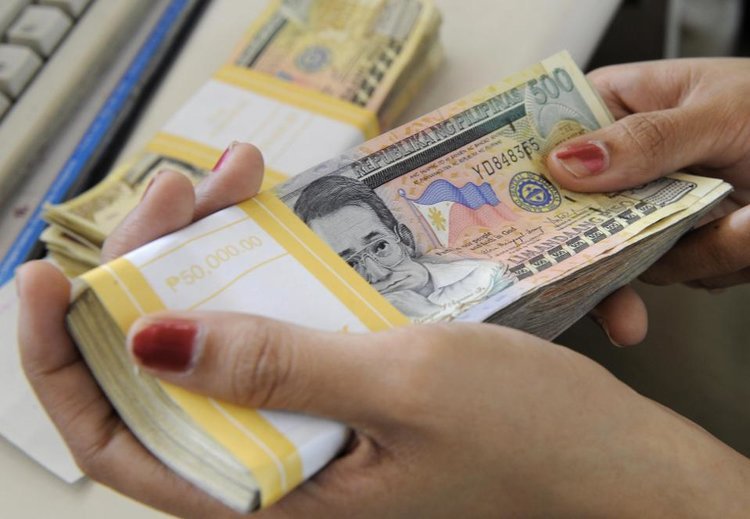This Startup Is Aiming To Build The Largest Digital Payment Network In The Philippines
A bank teller in Manila counts Philippine peso currency. More than 10 million Filipinos generate $26 billion for the country's economy. (Photo credit: ROMEO GACAD/AFP/Getty Images)
Financial inclusion is a broad and somewhat vague term, but it’s becoming an increasingly popular one among both tech and development circles. The World Bank Group describes financial inclusion as “a key enabler to reduce extreme poverty and boost shared prosperity.” The U.N. has also identified financial inclusion as essential to achieving several of Sustainable Development Goals, according to the World Bank Group. Forty percent of adults globally struggle to meet their financial needs and maintain economic stability due to lack of access to financial services, according to the United Nations’ Special Advocate for Inclusive Finance for Development (UNSGSA).
Given financial inclusion’s importance to economic development, it made sense that someone like Mikko Perez would find himself in this space. Back in 1989, Perez spent his first post-college years working in poor Filipino communities. Spurred by the momentum of the People Power Revolution of 1986 that ousted former President Ferdinand Marcos, Perez felt compelled to work in the disadvantaged communities of his home country.
“After my university days, I got involved in volunteer work with farmers and fisherfolk communities in rural Philippines and that was my first few years of my professional career, working with communities in very poor communities. I saw firsthand poverty and underdevelopment and those big problems,” he said.
Perez eventually left the Philippines to pursue a degree at Harvard Business School and a career in finance in the U.S. But those years among the poor made an impression on him. He always intended to return and create meaningful solutions for those in need in the Philippines.
“Before it became very fashionable to talk about social impact, I always wanted to see how I could merge a private enterprise – or capitalism, if you will – and doing something that would be impactful,” Perez said.
Today, he is the founder and CEO of Ayannah, a fintech platform that provides an array of services for unbanked and financially marginalized communities in the Philippines. Ayannah currently offers three services targeted at overseas Filipino workers (OFWs) who use remittances to support and purchase goods and services for their families back at home.
Ayannah’s offerings began with Sendah, a platform that enabled OFWs to buy foreign goods online rather than physically purchasing them in-store and having to carry them home to their families. From there, the company created Sendah Remit, which connected payment agents (such as pawn shops) that can cash out remittances for family members once the transfer is initiated by OFWs. Connecting agents was critical in areas where many families are supported by OFWs.
“Moving cash in the countryside is very expensive,” Ayannah’s team writes in its business plan. “For domestic migrants, sending cash back to their families in the countryside is both costly and inconvenient. The cost of domestic remittance could be as high as 12% of principal amount.”

